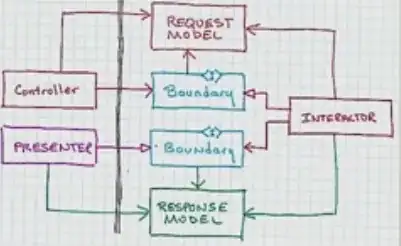After reading the last book from Robert C. Martin, I've tried a to develop some big Go applications following clean architecture. While writing interactors, I end up with a lot of complex unit tests, because the interactor has a lot of external dependencies.
What are the best practices for testing the interactors? Should I test the happy path only using an integration test? Using unit tests in the interactor I end up with a lot of mocks, it's not something I'm happy about.
Any advice or comments on this?
One of the applications on which I'm working is this one: https://github.com/luistm/banksaurus . It's far from great, but it's mostly a playing ground.
The first conclusion I get from this question is that one must understand the difference between Mock, Fake and Stub.
